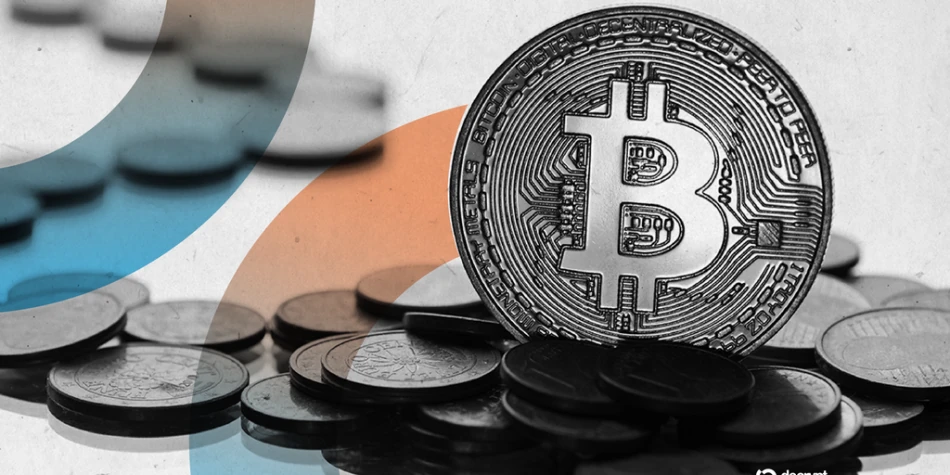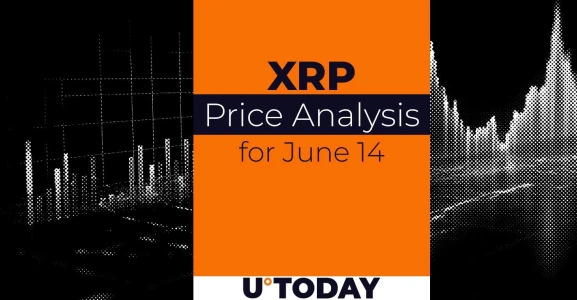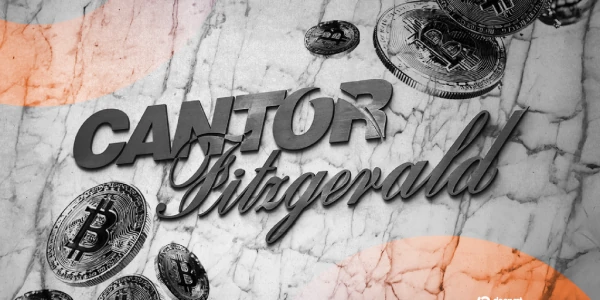
Buy a Burger With Bitcoin? Beware the Tax Risks, Experts Warn
Crypto-Savvy Steak 'n Shake Customers Urged to Meticulously Track Taxable Bitcoin Purchases
Bitcoin enthusiasts can now use their cryptocurrency to buy burgers, fries, and other menu items at Steak 'n Shake locations nationwide. However, tax experts warn that every Bitcoin transaction—no matter how small—carries potential tax implications that customers must document.
Understanding the Tax Implications
The IRS treats cryptocurrency as property rather than currency. This means every Bitcoin purchase at Steak 'n Shake—whether for a $14 combo meal or a $3 drink—counts as a taxable event. Customers must calculate capital gains or losses based on the difference between the Bitcoin's original purchase price and its value at the time of the transaction.
Tracking Methods and Tools
Experts recommend using the "first in, first out" (FIFO) accounting method preferred by the IRS. Specialized software and crypto-savvy accountants can help users manage these calculations, especially as reporting requirements tighten. Starting next year, major exchanges like Coinbase and Kraken will share more transaction data with the IRS, increasing visibility into even small purchases.
Potential Alternatives and Challenges
While some advocate for a de minimis exemption for small crypto transactions, no such rule currently exists. For those wanting to avoid capital gains tracking, stablecoins pegged to the U.S. dollar offer one solution—though converting other cryptocurrencies to stablecoins still triggers taxable events.
As cryptocurrency becomes more mainstream in retail, staying informed about tax obligations remains critical for all users. Proper record-keeping ensures compliance with evolving regulations while enjoying the convenience of crypto payments.
Most Viewed News








